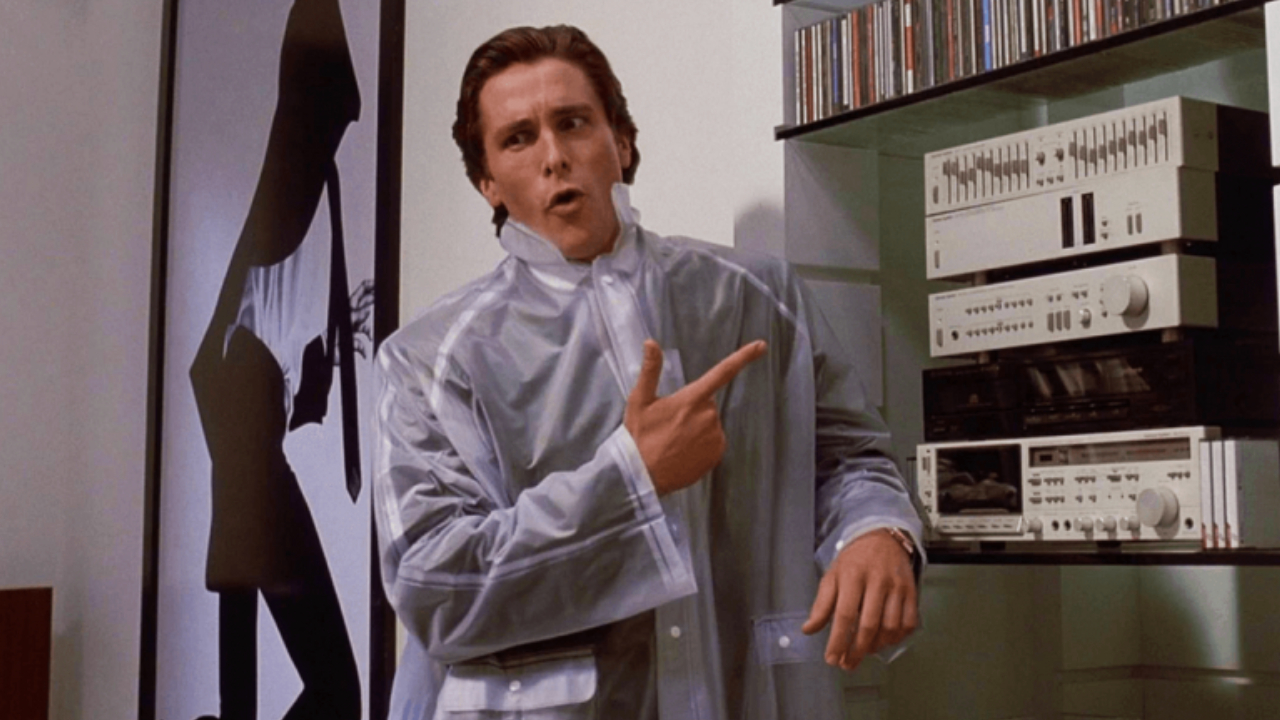Ahhh, the 1980s. It was a decade marked by its great music, unique fashion, and, most of all, its insane ambition and excess. Yuppies ruled the culture. The 1960s peace generation grew up and became the me generation. Of course, movies from that decade, and indeed in the decades since, have been keen to explore what the young urban professional culture was all about. Here is our list of some of our favorite examples of the good, the bad, and mostly the ugly, of yuppie culture.
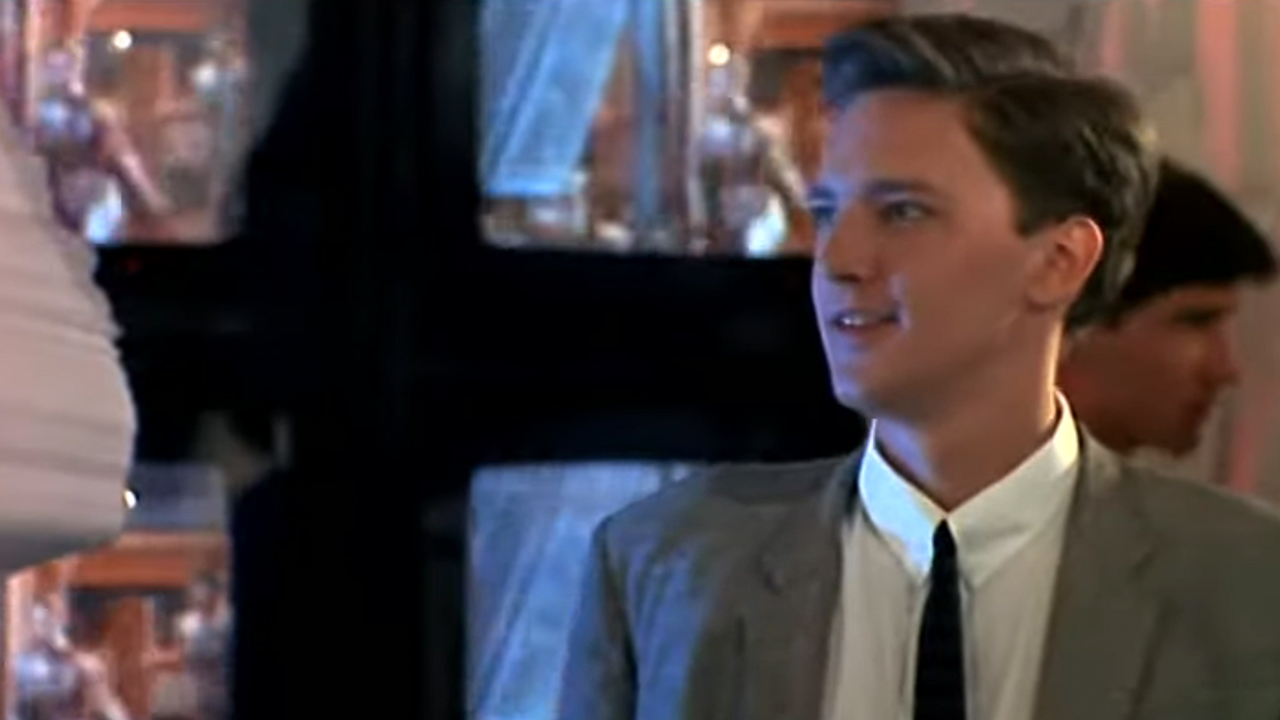
Less Than Zero (1987)
Perhaps no one understood and could pontificate upon yuppie culture quite like author Bret Easton Ellis. His book Less Than Zero, which was adapted into a film in 1987 captures the nihilism and the moray decay of the culture like few others did, especially in the moment. Brat packers Andrew McCarthy, James Spader, and Robert Downey, Jr. star in the Marek Kanievska film that help define the generation.
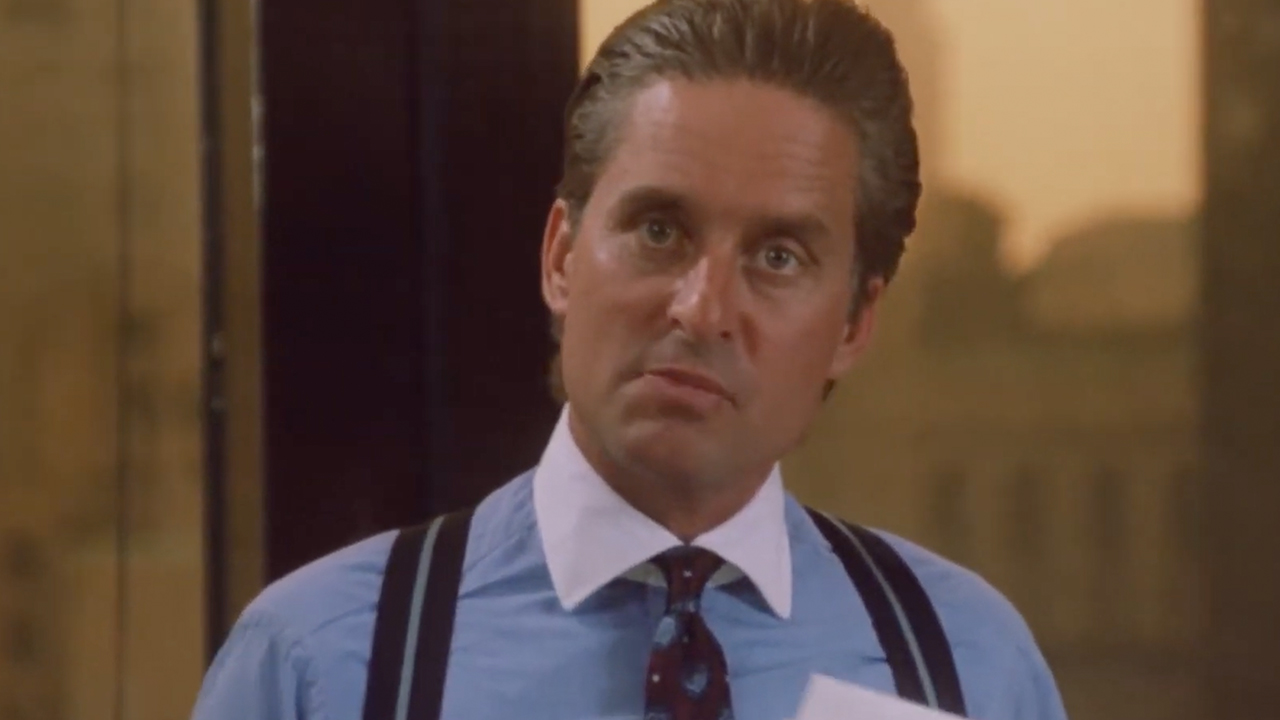
Wall Street (1987)
"Greed is Good." Is there any better way to summarize an entire decade in just three words? That line, spoken by the morally reprehensible Gordon Gekko, played by Michael Douglas in an Oscar-winning performance, does more to define the '80s than hundreds of pages in a book ever could. Charlie Sheen's character, Bud Fox, celebrates all that was good, and bad, about the lifestyle of '80s stock brokers.
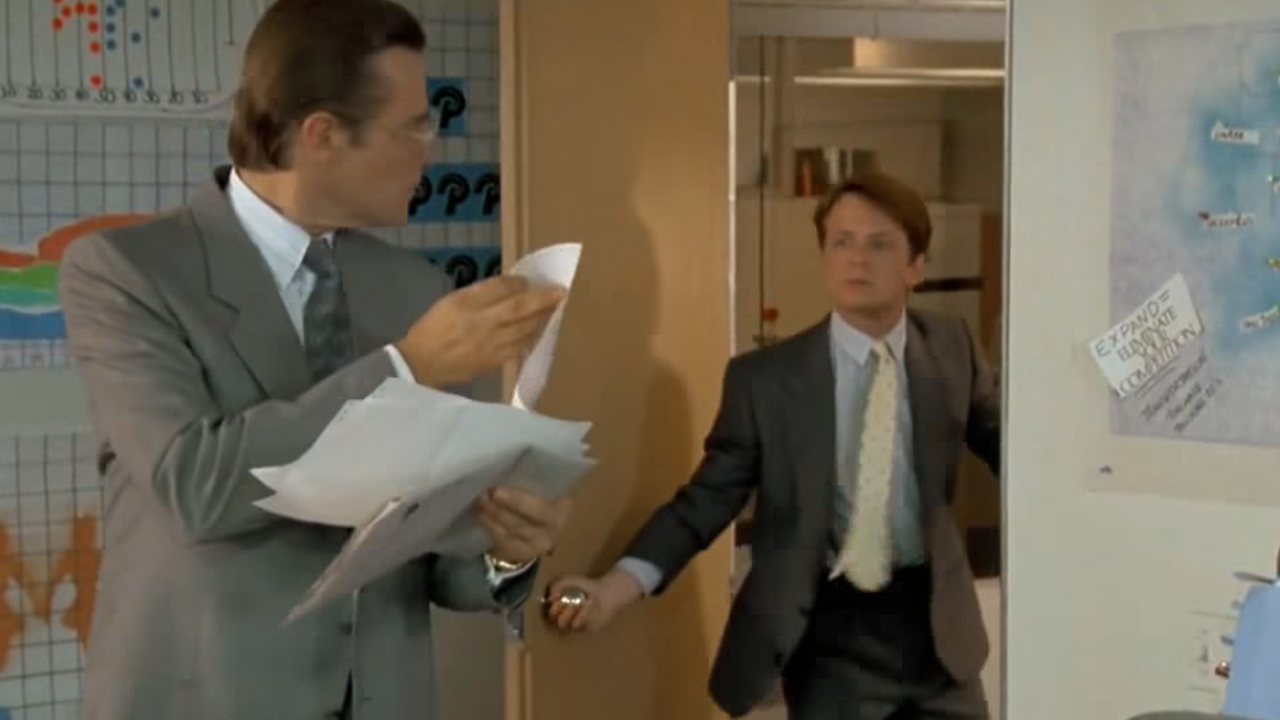
The Secret Of My Success (1987)
1987 was a defining year for yuppie culture on film, even the comedies. Take, for example, The Secret Of My Success starring Michael J. Fox as an ambitious 20-something determined to make his fortune in New York City. It's one of the more light-hearted critiques of yuppie culture, to be sure, but the satire isn't lost.
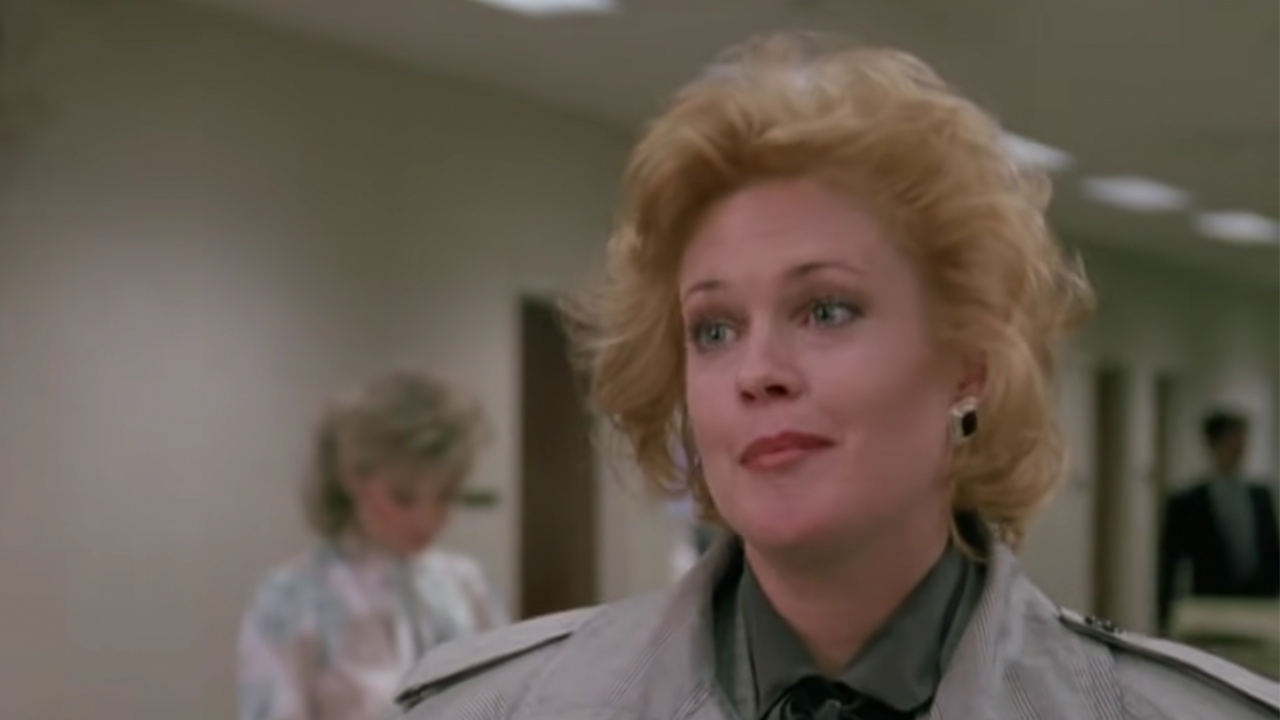
Working Girl (1988)
One of the good things to came out of yuppie culture was the rise of women in the workforce. Working Girl, starring Melanie Griffith as a woman who longs to rise up the corporate ranks against all odds, with the deck stacked against her, like most women at the time (and often still today). The corporate politics are ruthless in the story, but Griffith's character stays grounded and wins in the end.
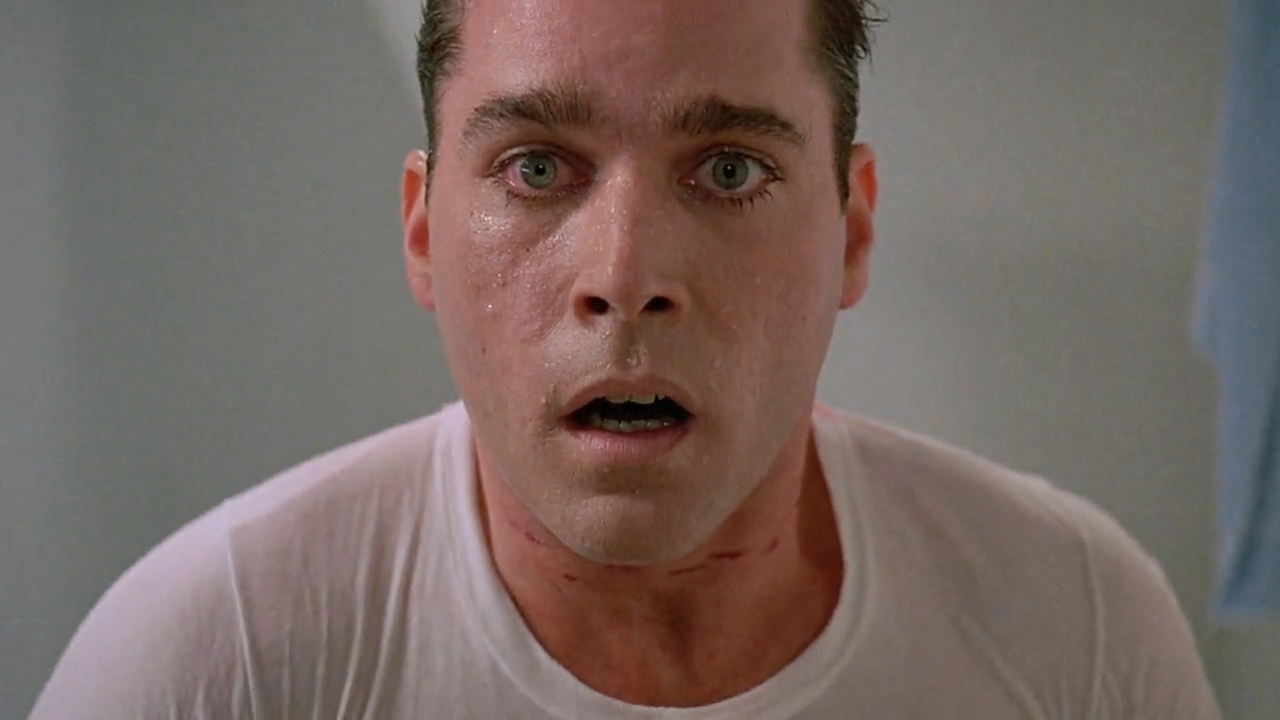
Something Wild (1986)
Something Wild presents a backlash against the culture. Jeff Daniels plays a pretty typical yuppie businessman who is yanked out of his comfort zone by a spontaneous woman played by Melanie Griffith. It's less of a critique on the culture as it is a blueprint of how to live outside of it.
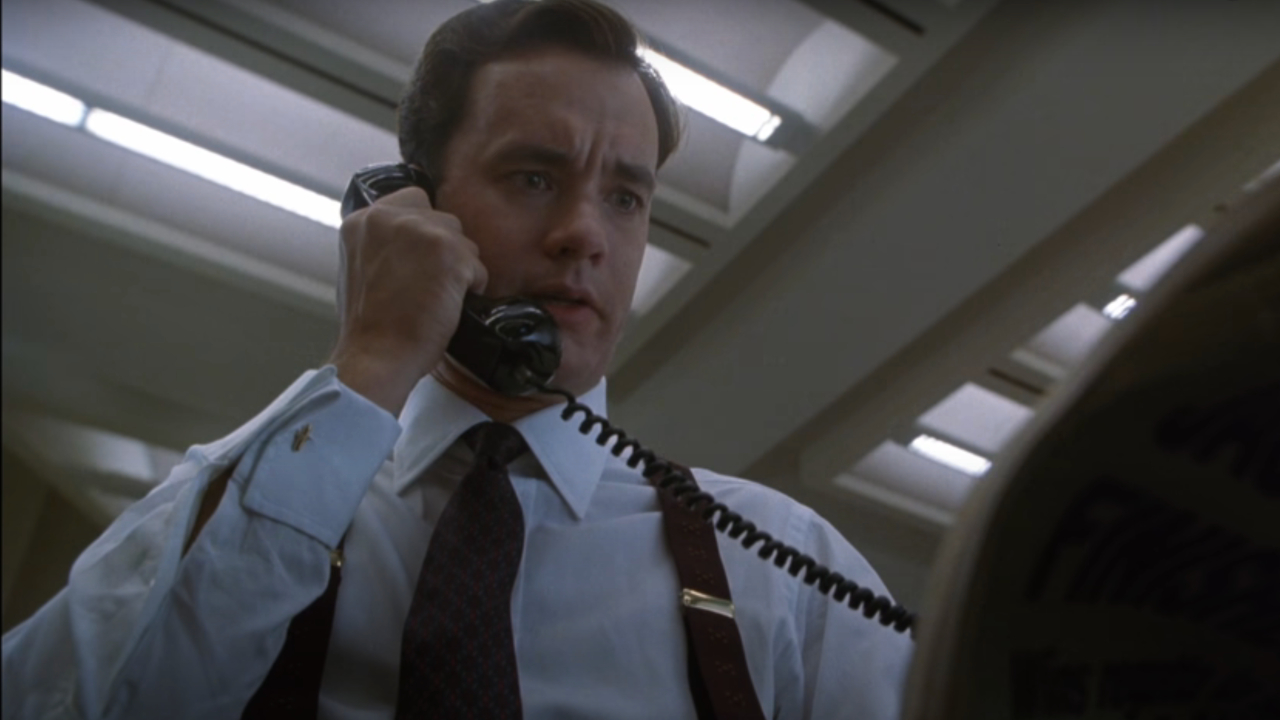
Bonfire Of The Vanities (1990)
There is a lot to criticize about this clunky adaption of the brilliant Tom Wolfe novel The Bonfire Of The Vanities. The movie really doesn't work the same way the book does with the biting satire of the greed and excess of the 1980s but it's worth mentioning here because people really should read the book to get a really fantastic critique of yuppie culture.
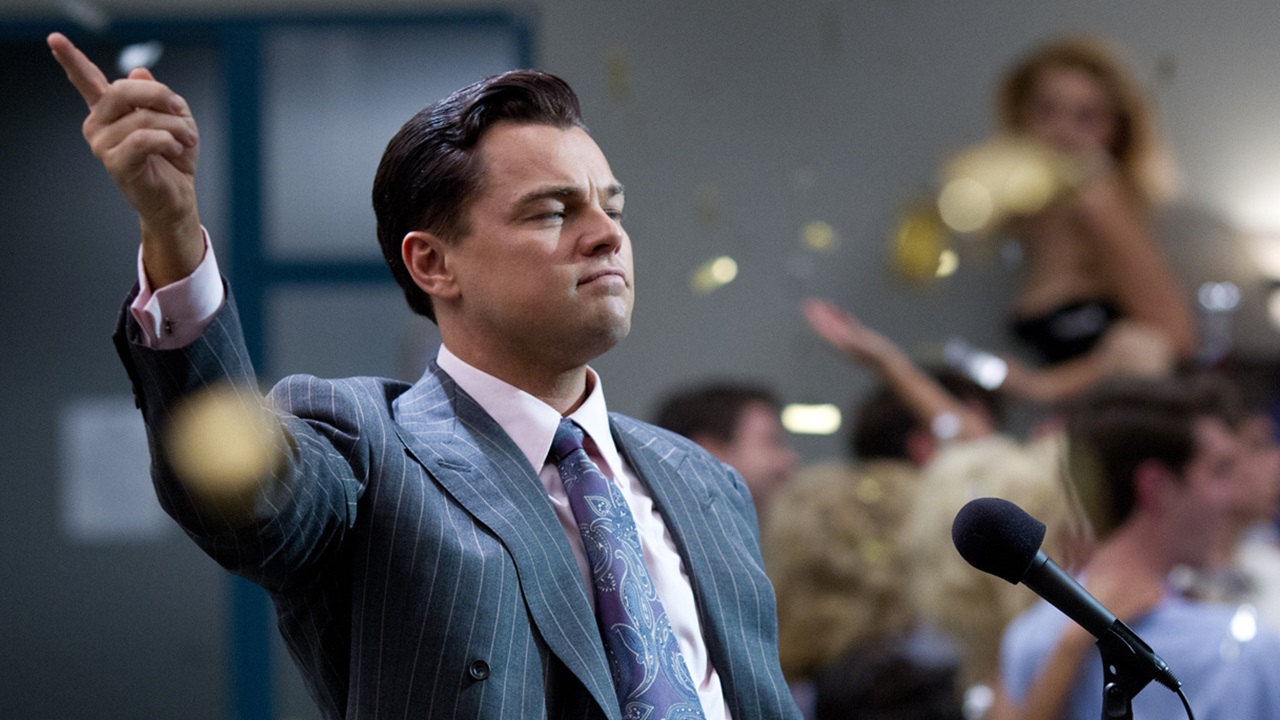
The Wolf of Wall Street (2013)
Sure, this movie was made decades after the 1980s ended, but few movies made in any decade show the complete moral decadency of the culture like The Wolf Of Wall Street does. Martin Scorsese's brilliant, award-winning true-ish story of stockbroker Jordan Belfort (Leonardo DiCaprio) is both hilarious and horrifying.
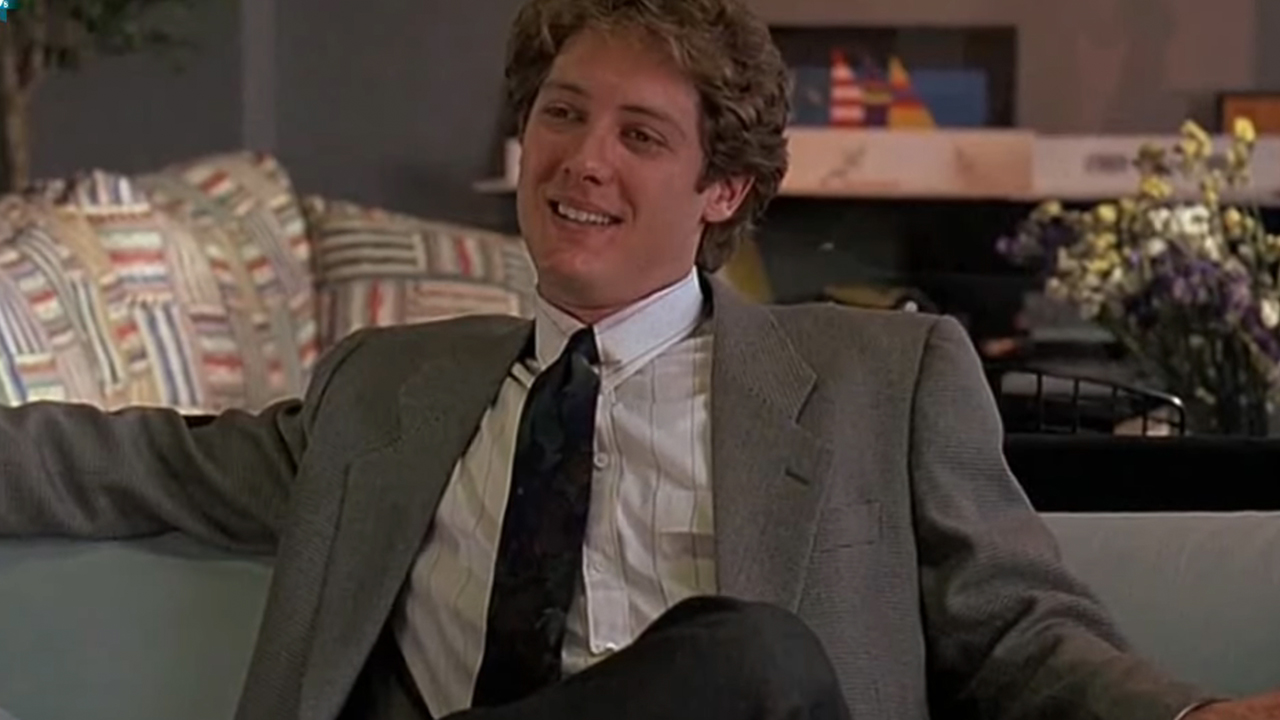
White Palace (1990)
If it's from the 1980s, and James Spader is in it, you can be sure it's likely an exploration of yuppie culture. White Palace explores plenty of themes that are relevant in any decade, like class differences and how that affects relationships, but it's especially pointed set against the yuppie backdrop where social status was often defined by financial success.
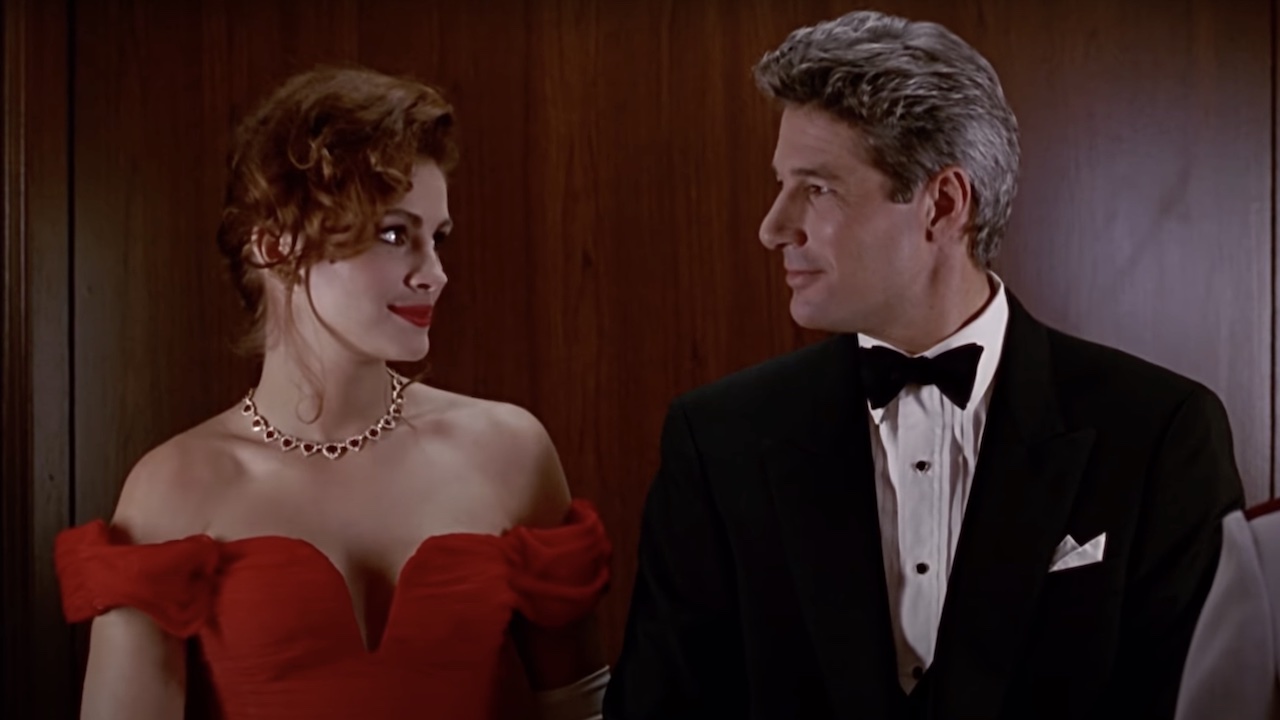
Pretty Woman (1990)
Pretty Woman is first and foremost a rom-com. It's one of the best rom-coms ever made, in fact. The story, starring Richard Gere as a successful corporate raider, and Julia Roberts as his paid companion, is still very much reflective of its time. The lonely businessman too busy for a social life finds love in an unexpected way.
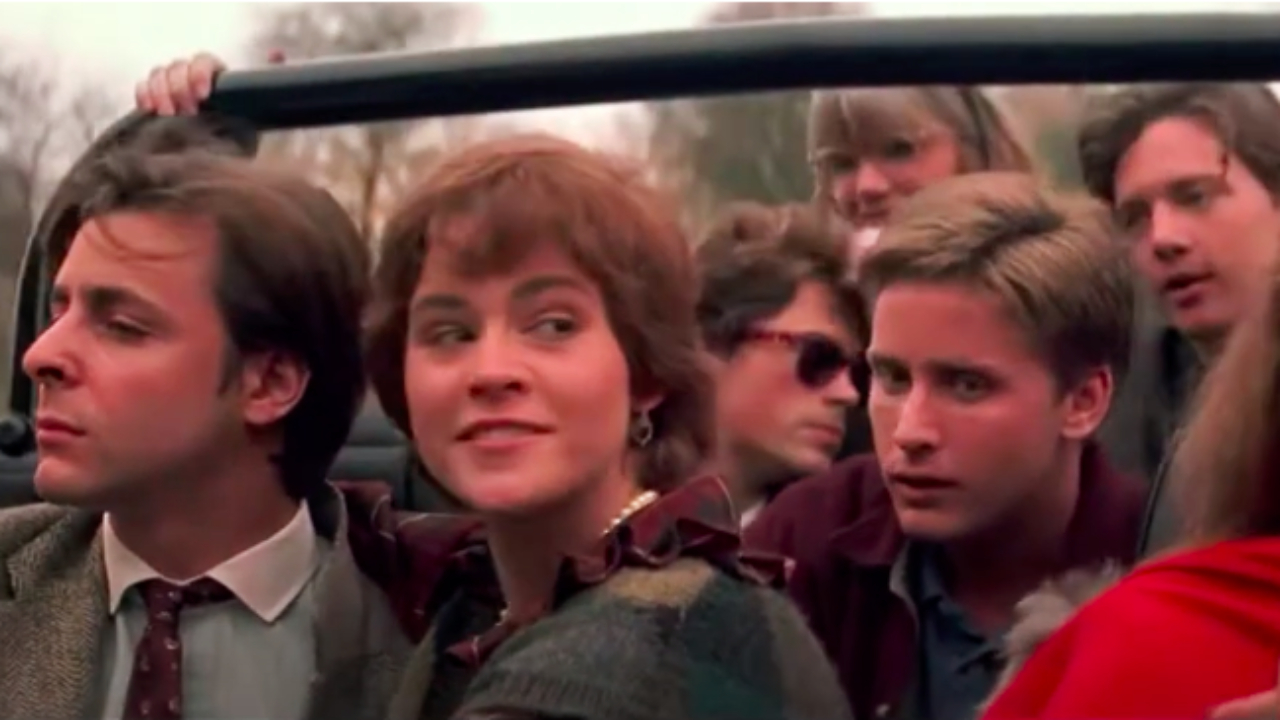
St. Elmo's Fire (1985)
St. Elmo's Fire may be the definitive "Brat Pack" movie and as such, it perfectly encapsulates the pressures on young 20-somethings navigating the culture of the 1980s with its excesses and ambitious nature, while coming to grips with adulthood.
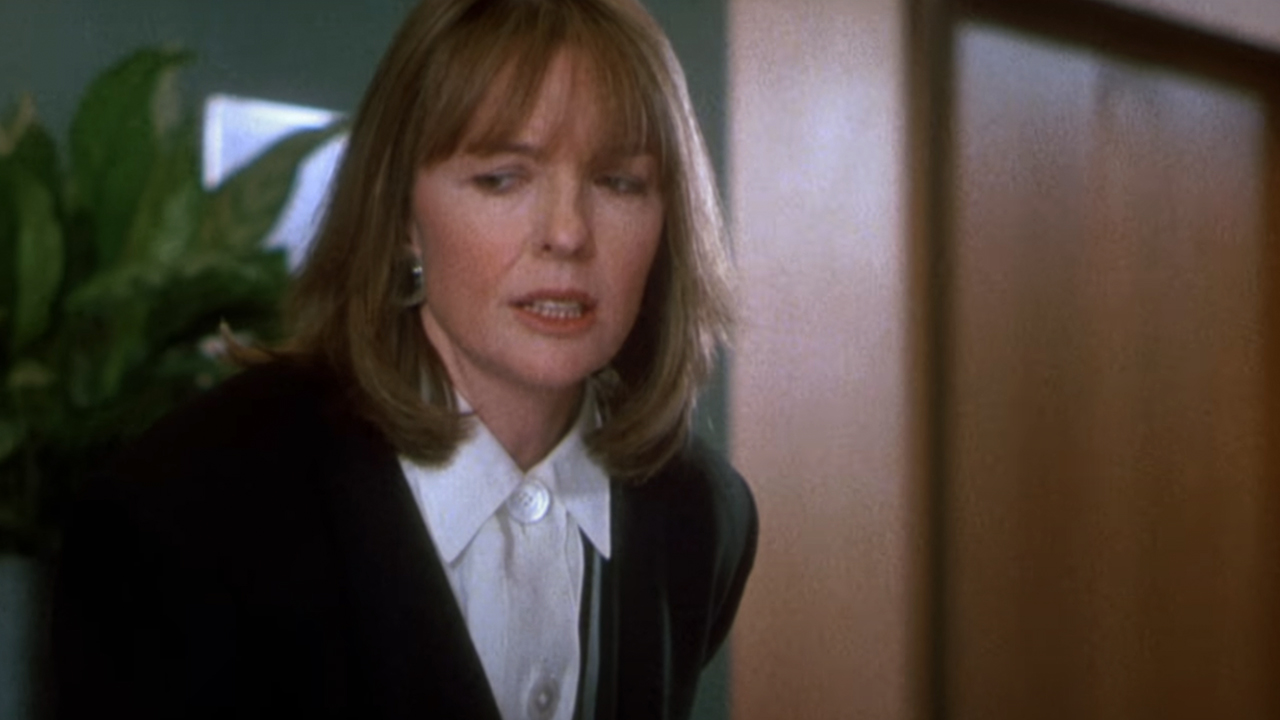
Baby Boom (1987)
Baby Boom is a movie with a pretty ridiculous premise: A career-minded yuppie (Diane Keaton) "inherits" a baby after the death of a distant cousin. Yeah, it's silly, but it is still interesting to explore the changing values of society in the 1980s with women gaining a more prominent place in the corporate world and how that fits in with starting a family.
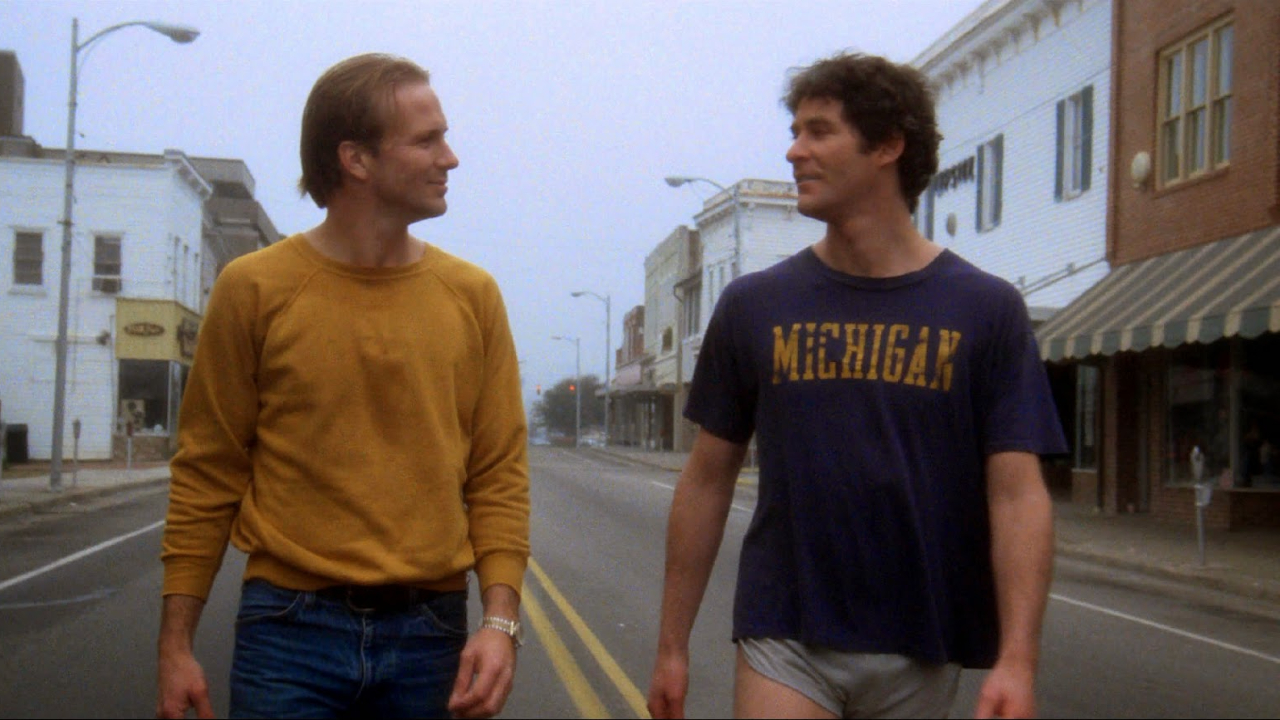
The Big Chill (1983)
It's true: the Baby Boomer Generation are the ones who defined the yuppie culture of the 1980s and there is no better example of the Boomers transitioning from the peace generation to the me generation than The Big Chill. A group of 30-somethings gather for the first time in years to celebrate the life of a recently deceased friend and confront what they want from the rest of their lives.
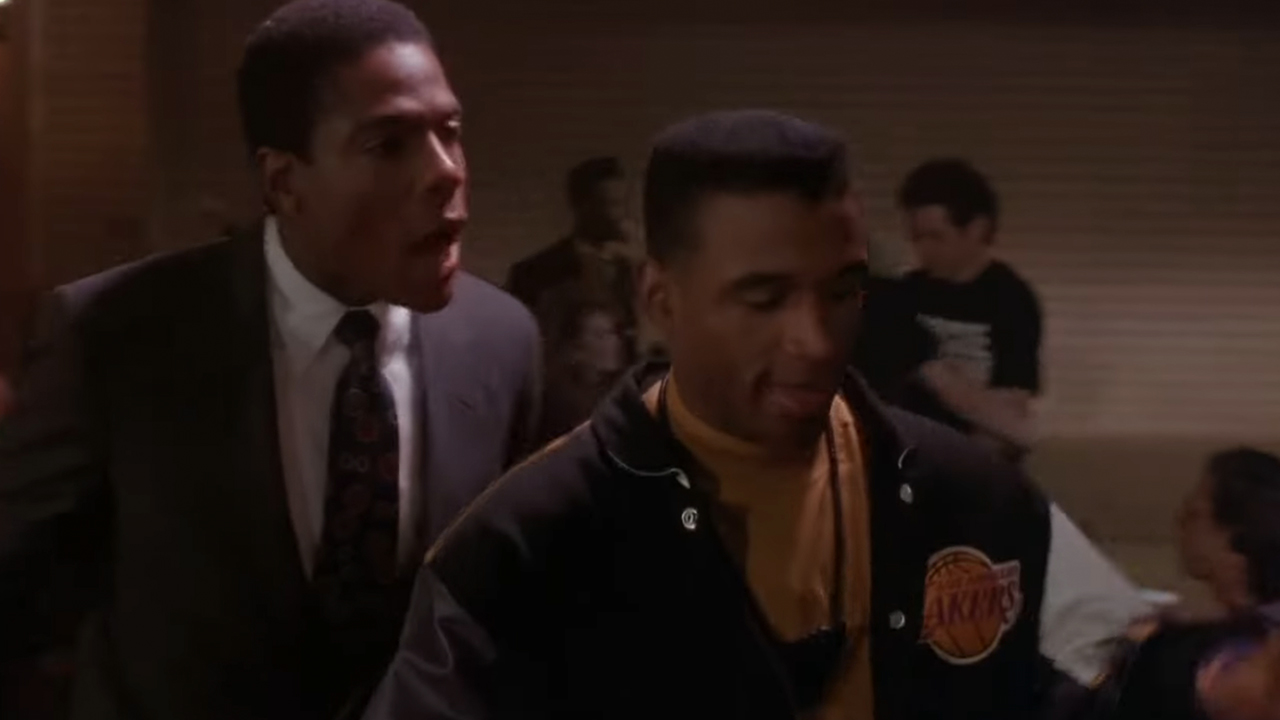
Strictly Business (1991)
Strictly Business is the rare intersection of yuppie culture with Black culture of the late 1980s. The story ably satirizes the ambitions of a young Black man determined to succeed in the corporate world by playing by the rules, but in the process loses touch with his own culture until he falls in love.
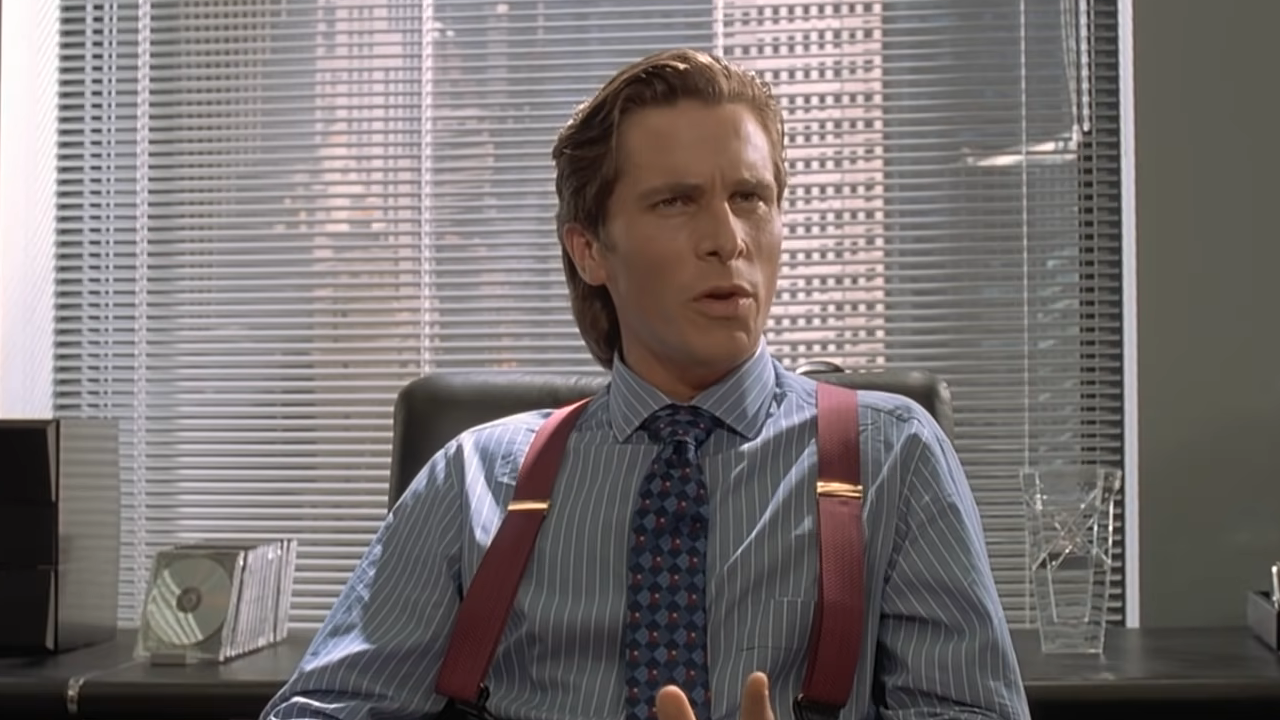
American Psycho (2000)
While it might have been released in 2000, there is no movie on this list that better satirized 1980s yuppie culture quite like American Psycho. In a word, the movie based a Bret Easton Ellis book, is brilliant in its cutting take down of everything that was awful about the decade and its excesses. Christian Bale is amazing as Patrick Bateman, the psychotic investment banker who does some murders and executions on the side.
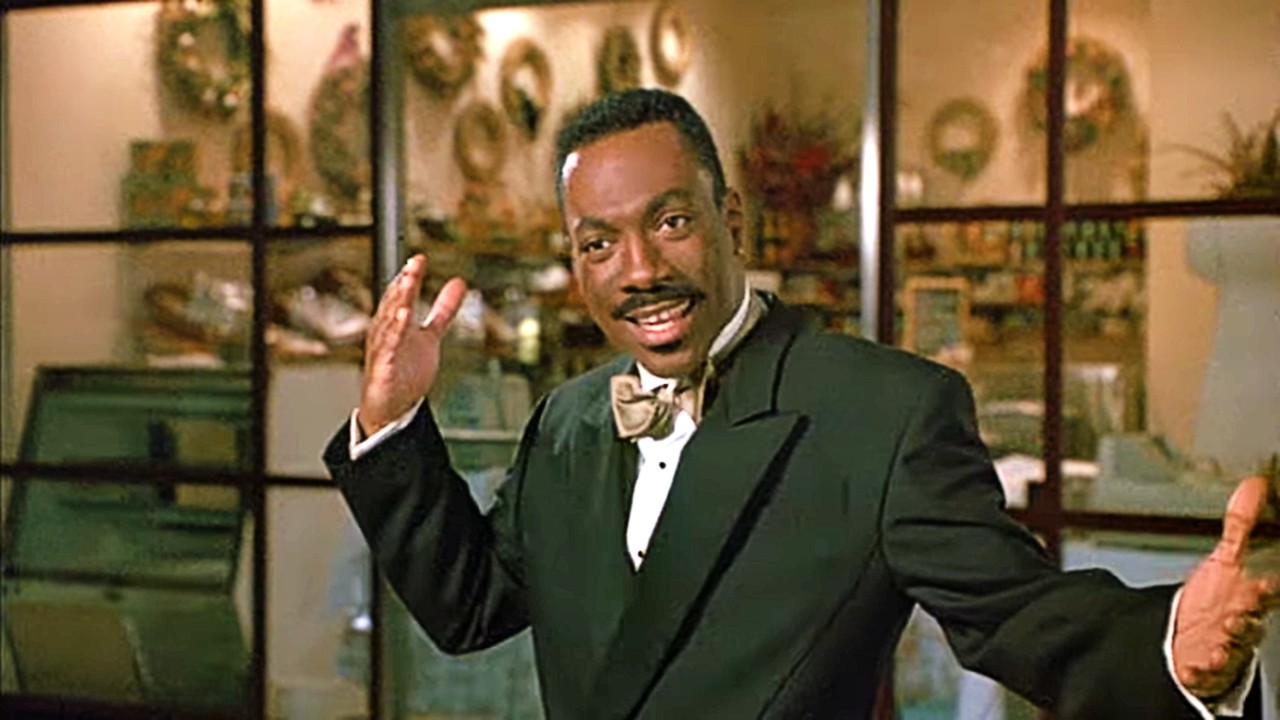
Boomerang (1992)
The world was changing in the '80s, but some men were not ready for those changes. Such is the case for Eddie Murphy's womanizing character in Boomerang. A rare example of an African-American yuppie who has to face his own outdated thinking as he tries to find love - or at least a hook-up - in the changing dynamics of dating.
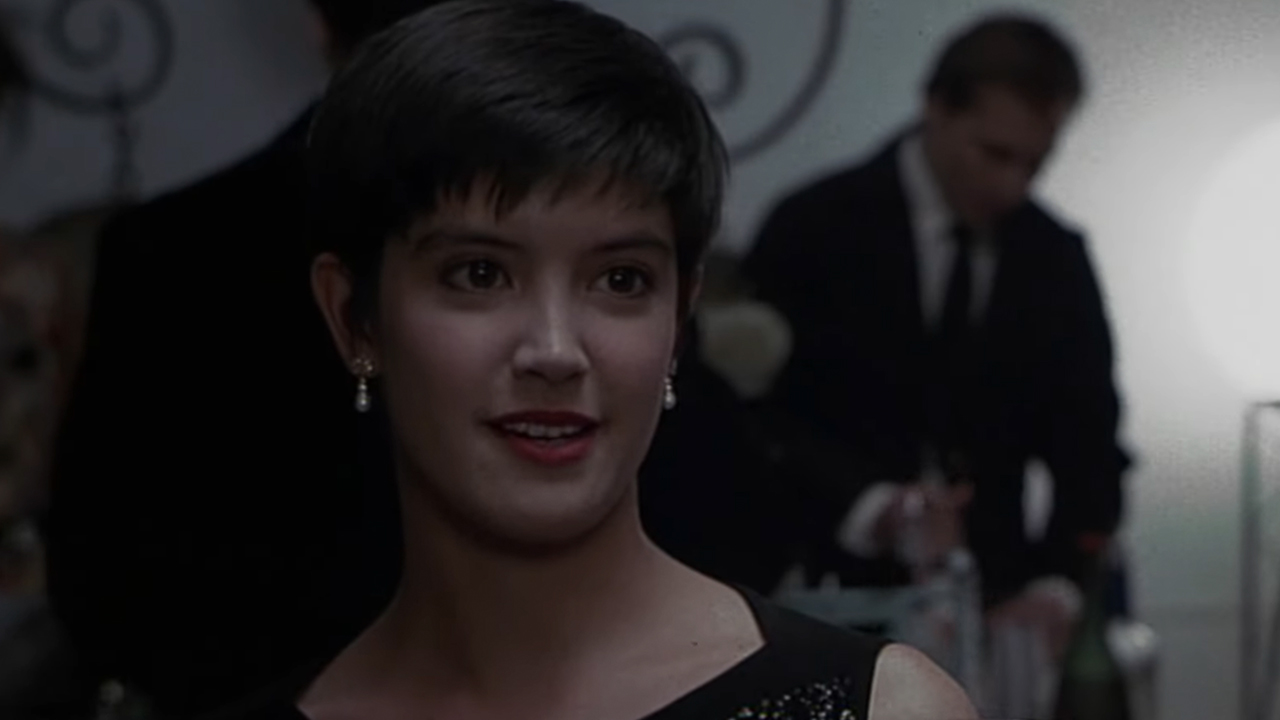
Bright Lights, Big City (1988)
Michael J. Fox is best known for his comedic performances in the 1980s, but Bright Lights, Big City is a deadly serious drama about just how destructive the yuppie culture could be. Fox stars a 20-something with a serious addiction who indulges in all the excesses of the Go-Go '80s. Phoebe Cates stars as his model wife who is caught up in the same culture but can't take his addiction anymore.
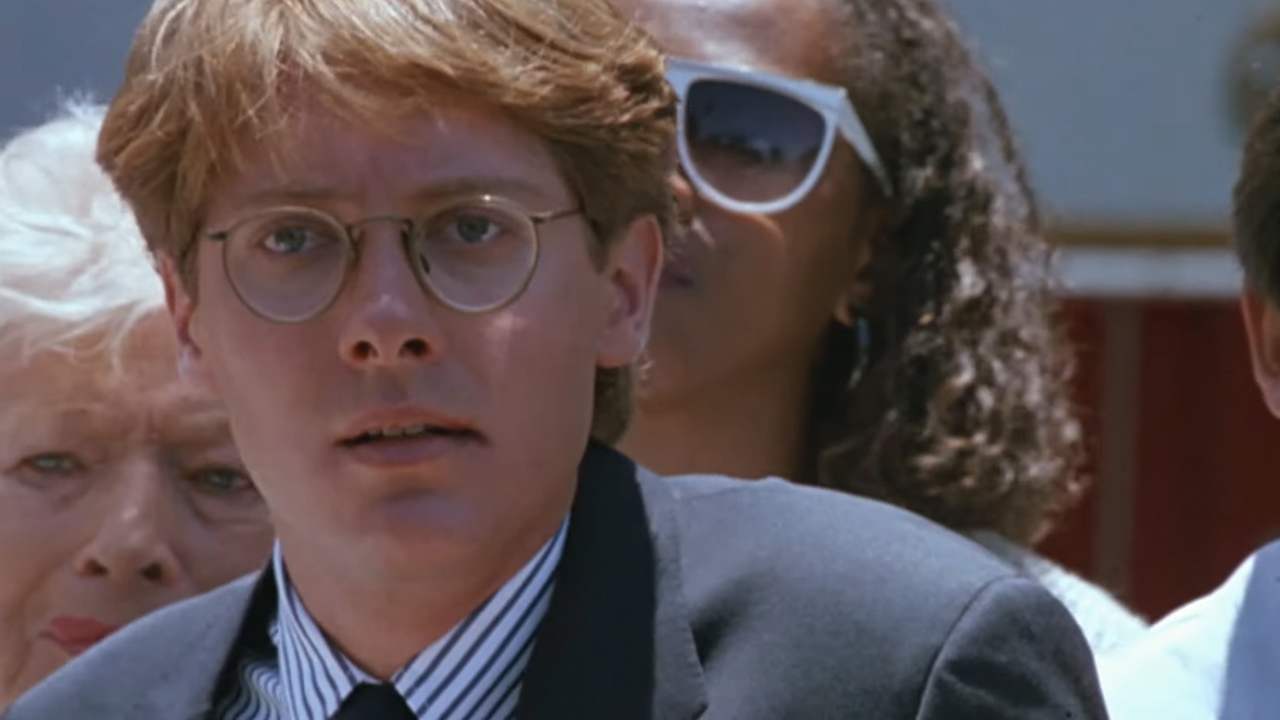
Bad Influence (1990)
James Spader (the king of yuppie movies) stars alongside Rob Lowe is a dark thriller about a nerdy yuppie (Spader) who falls under the influence of a nefarious stranger (Lowe) who encourages the young yuppie to lose his inhibitions in some very terrifying ways.
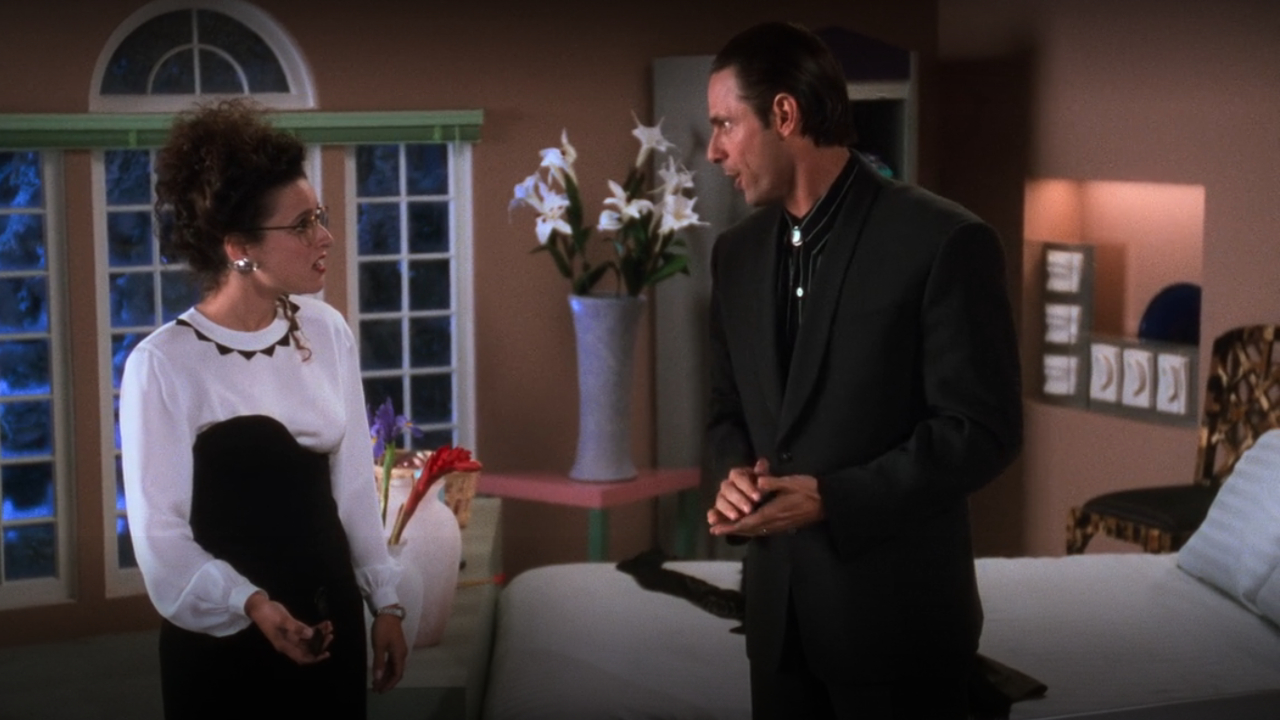
National Lampoon Christmas Vacation
Ok, ok, we'll admit that National Lampoon Christmas Vacation isn't exactly a yuppie movie, per se, as it's really about the somewhat wholesome, somewhat dysfunctional Griswold family, led by Clark (Chevy Chase). However, the family's next-door neighbors, Todd and Margo, played by Nicholas Guest and Julia Louis-Dreyfus, respectively, are the epitome of obnoxious yuppies. Of course, they can't stand their goofy neighbors.
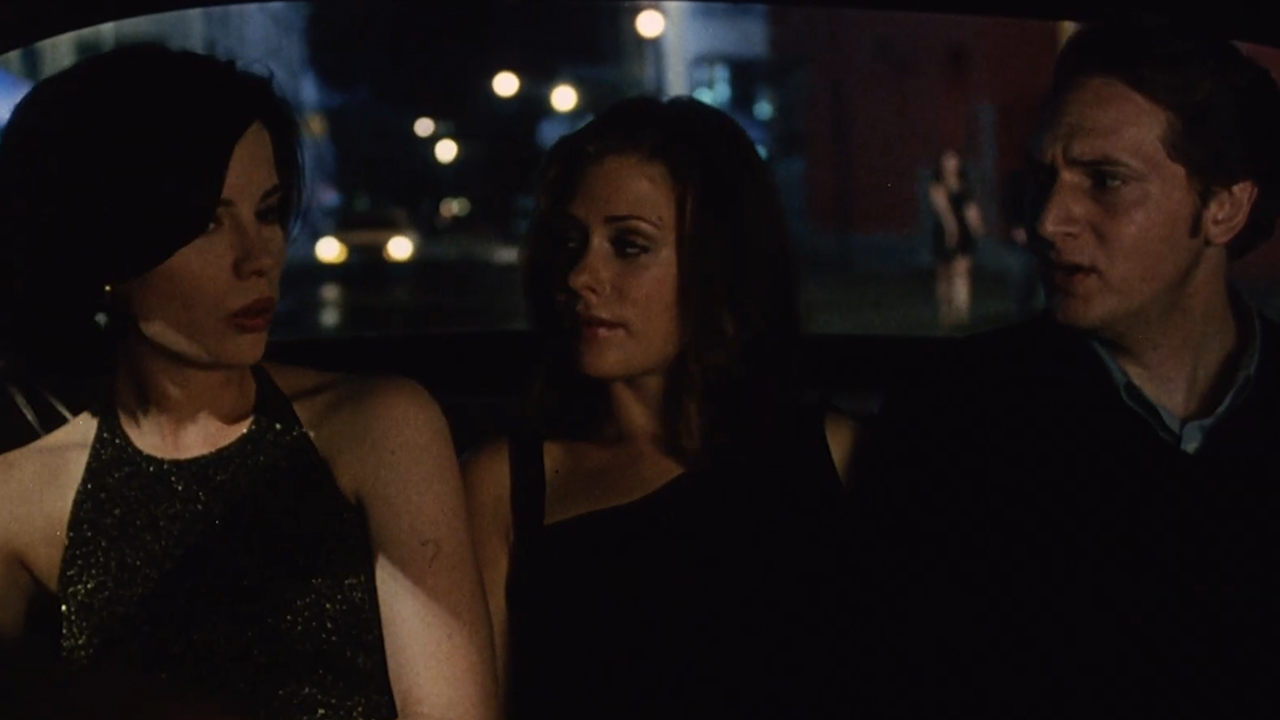
The Last Days Of Disco (1998)
1998's The Last Days of Disco is all about the end of the '70s and the dawn of the 1980s, complete with all the social excesses, materialism, and career pressures that would come to define the era. Though it was made almost 20 years after the events in the film take place, The Last Days of Disco is a great representation of the transition from disco to yuppie.
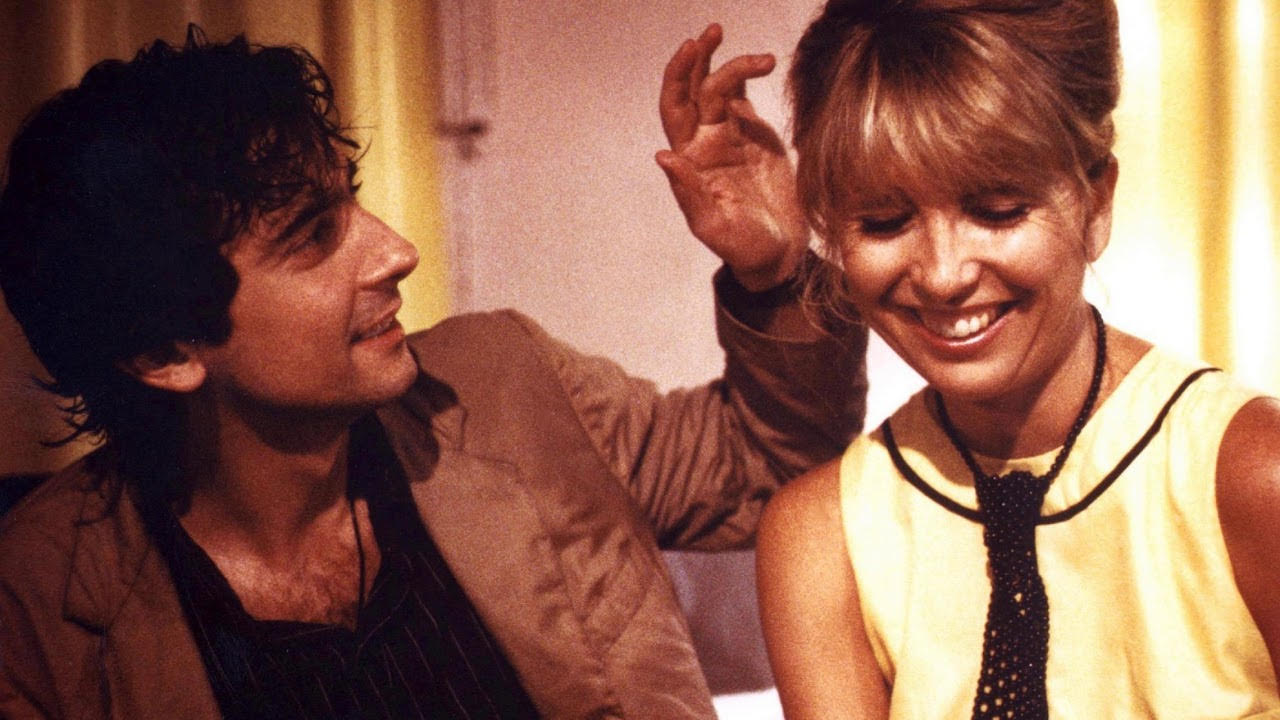
After Hours (1985)
Martin Scorsese, may not be best known for directing comedies, but he got out of his comfort zone with After Hours starring Griffin Dunne and Rosanna Arquette. Like many romantic movies of the era, it's a film set with the backdrop of the materialism of the '80s and the unique pressure that was put on those trying to fit in and succeed in New York high society.
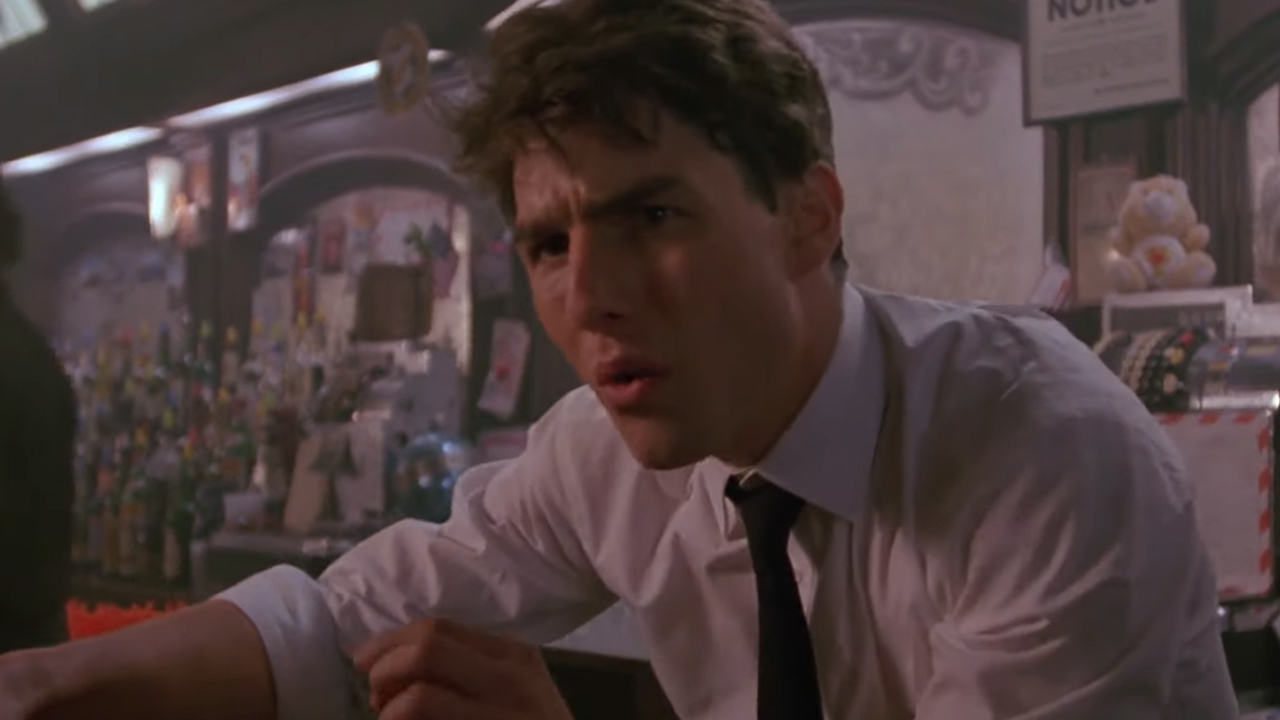
Cocktail (1988)
Yuppie nightlife is on full display in Cocktail, starring Tom Cruise, Bryan Brown, and Elisabeth Shue. Crusie stars as a bartender who wants nothing more than to be part of the banking and corporate world but finds little success. Instead, he gets a job bartending while going to business school, before realizing that he doesn't need to "keep up with the Jones" to be happy.
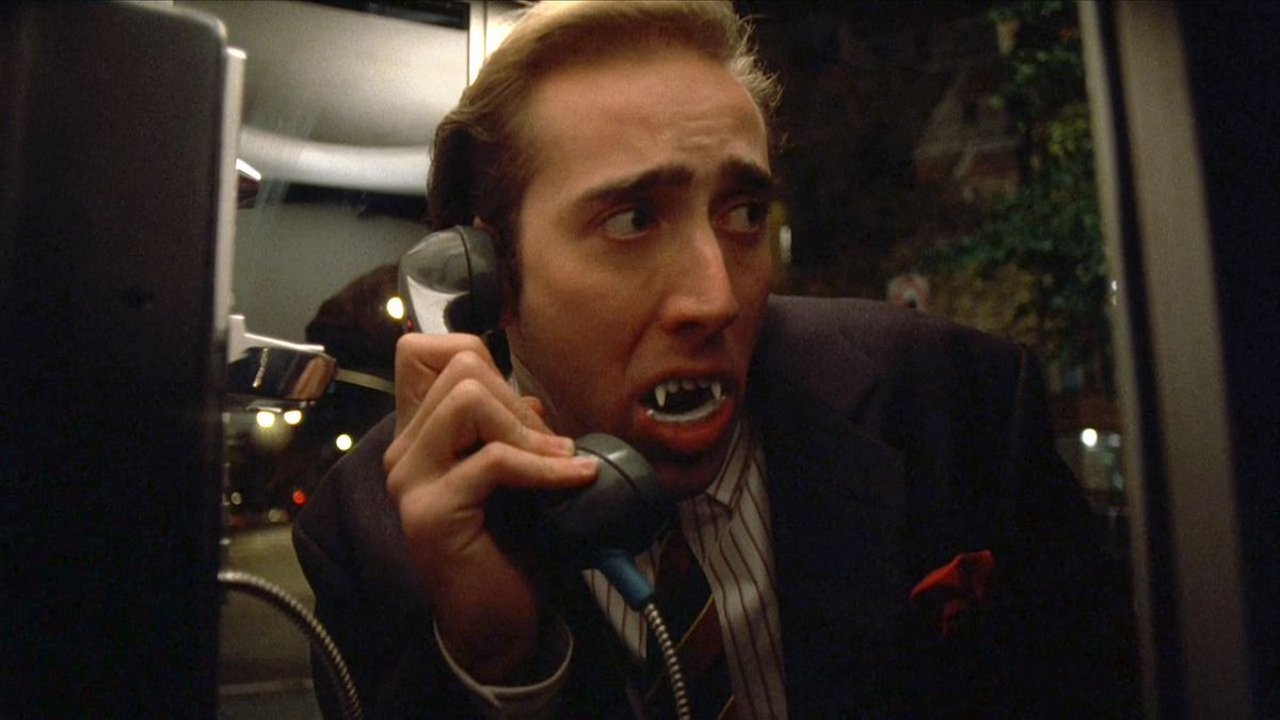
Vampire's Kiss (1988)
In one of his more underrated roles, Nicolas Cage plays a yuppie who is convinced he is turning into a vampire. The dark comedy uses the plot as a great way to satirize the extreme ambition and absurd nature of yuppie culture. Cage's performance is predictably over the top, and, frankly, perfect for the movie.
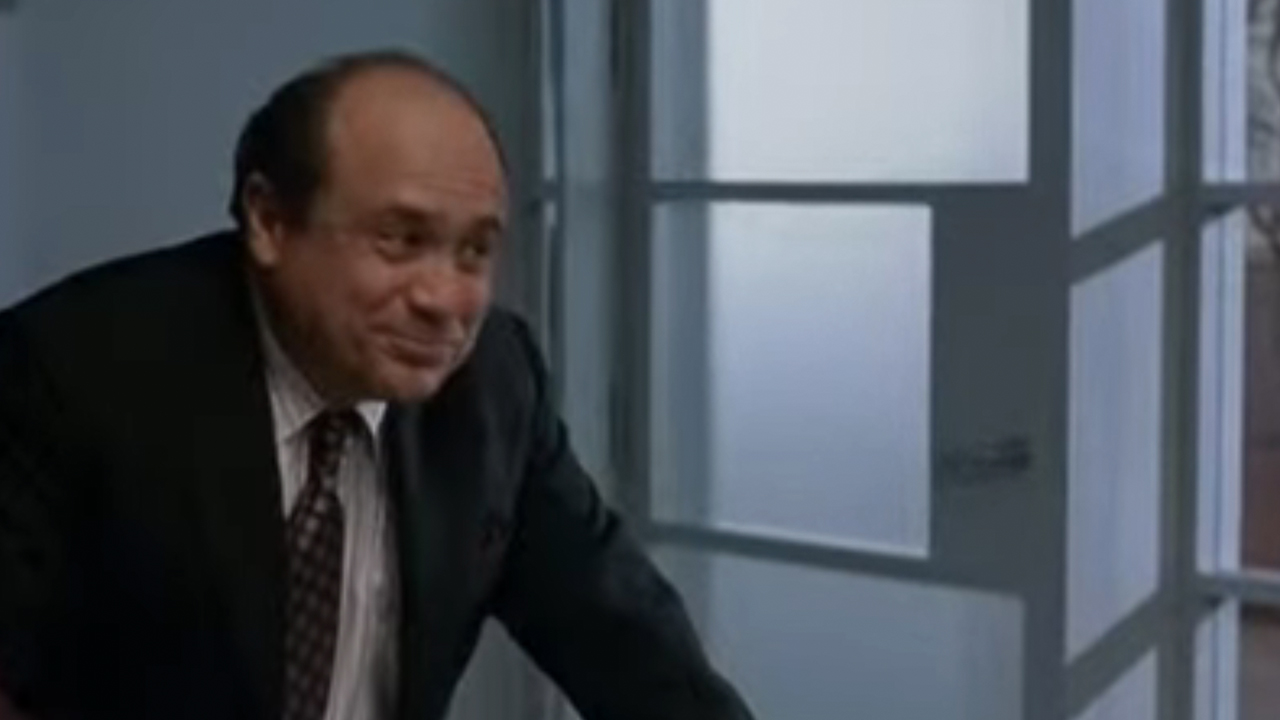
Other People's Money (1991)
Corporate raiders like Carl Icahn and Paul Bilzerian were celebrities in the 1980s, idolized by many yuppies at the time. Their type, the cold, heartless banker who had no qualms about destroying companies and livelihoods for a profit was portrayed in a number of movies, including the underrated Other People's Money starring Danny DeVito as just such an investor.
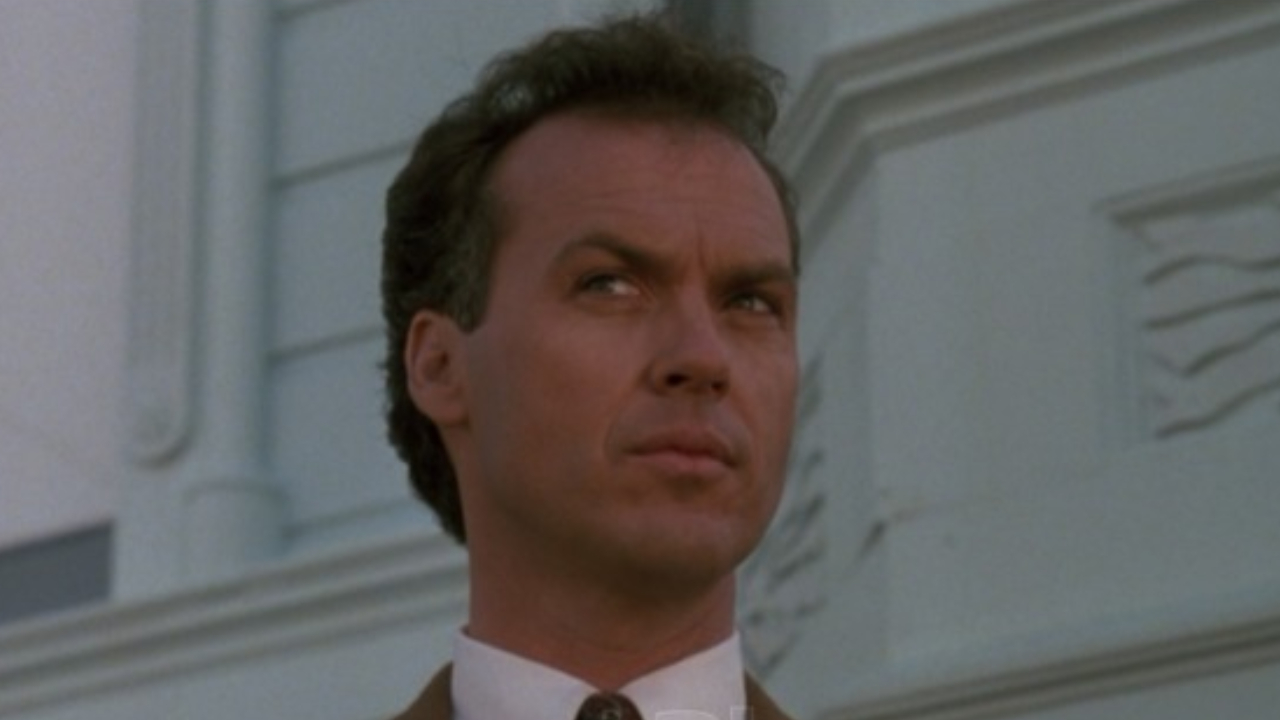
Pacific Heights (1990)
The pressure to look successful was ever-present in the 1980s, and the underrated Michael Keaton thriller Pacific Heights plays into that when a conman played by Keaton tricks new landlords into letting their apartment to him. It all turns very dark, with the ever-present backdrop of late '80s San Francisco.
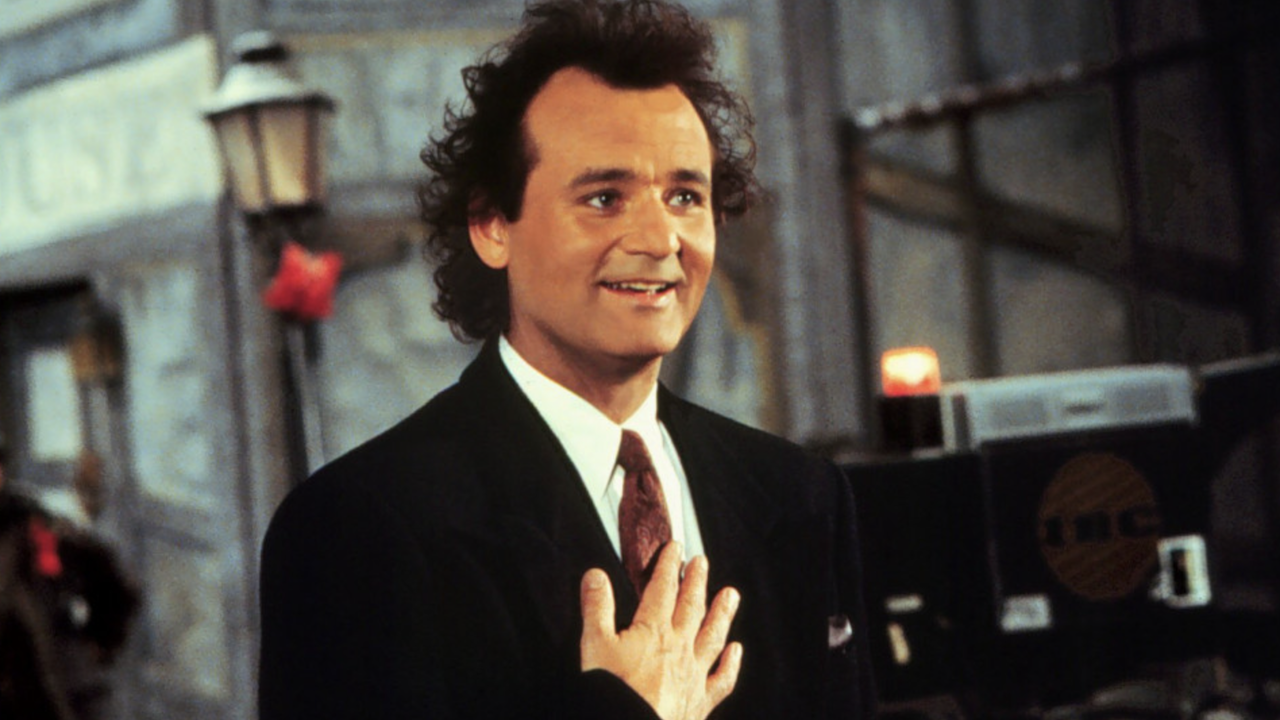
Scrooged (1988)
Without a doubt, Scrooged is one of the best Christmas movies of all time. It's also quite the commentary of greed and ambition in yuppie culture as Bill Murray plays a TV exec who is willing to do anything to be the best and make the most money. He doesn't have time for his family, or really anything else in life, other than his job. It's a version of A Christmas Carol told through a very 1980s lens.
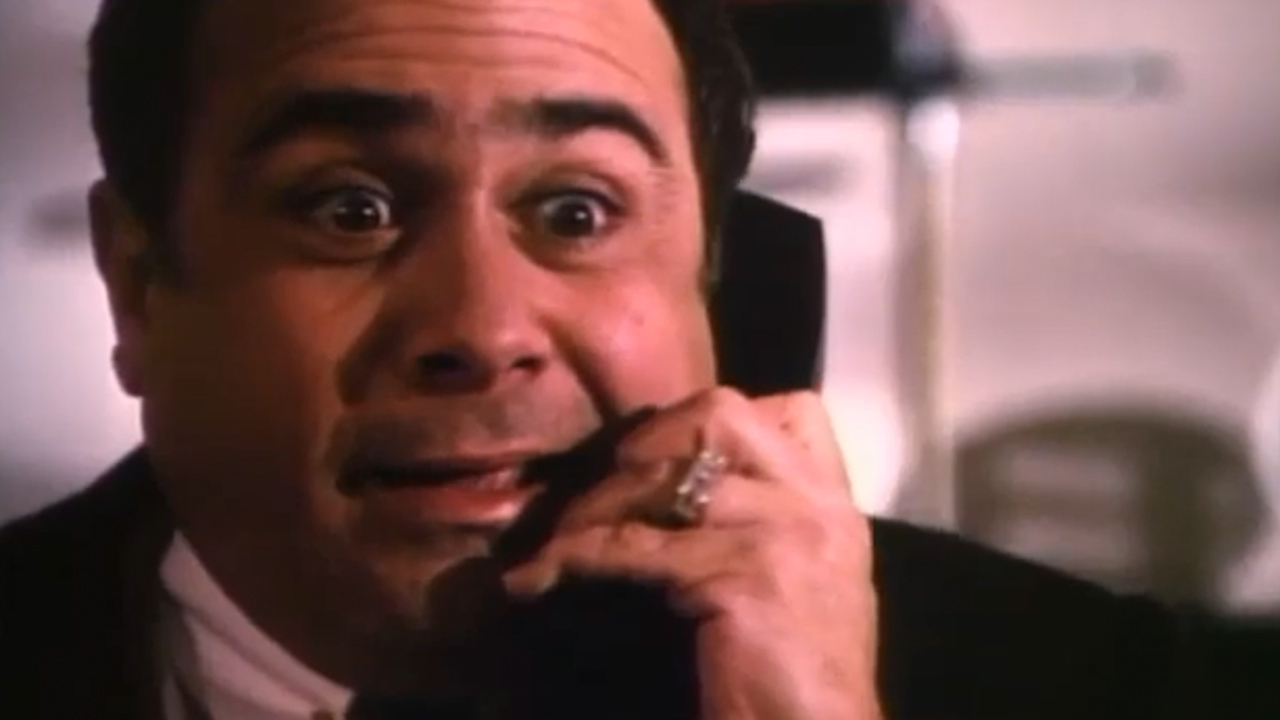
Ruthless People (1986)
There may be no better - or darker - display of just how morally bankrupt and...ruthless... some men were in the 1980s than Danny DeVito's character in Ruthless People. He's a man who is so concerned about his bank account, that he doesn't even care to pay off the kidnappers of his wife. Greed is good, as they said in another 1980s movie, Wall Street.
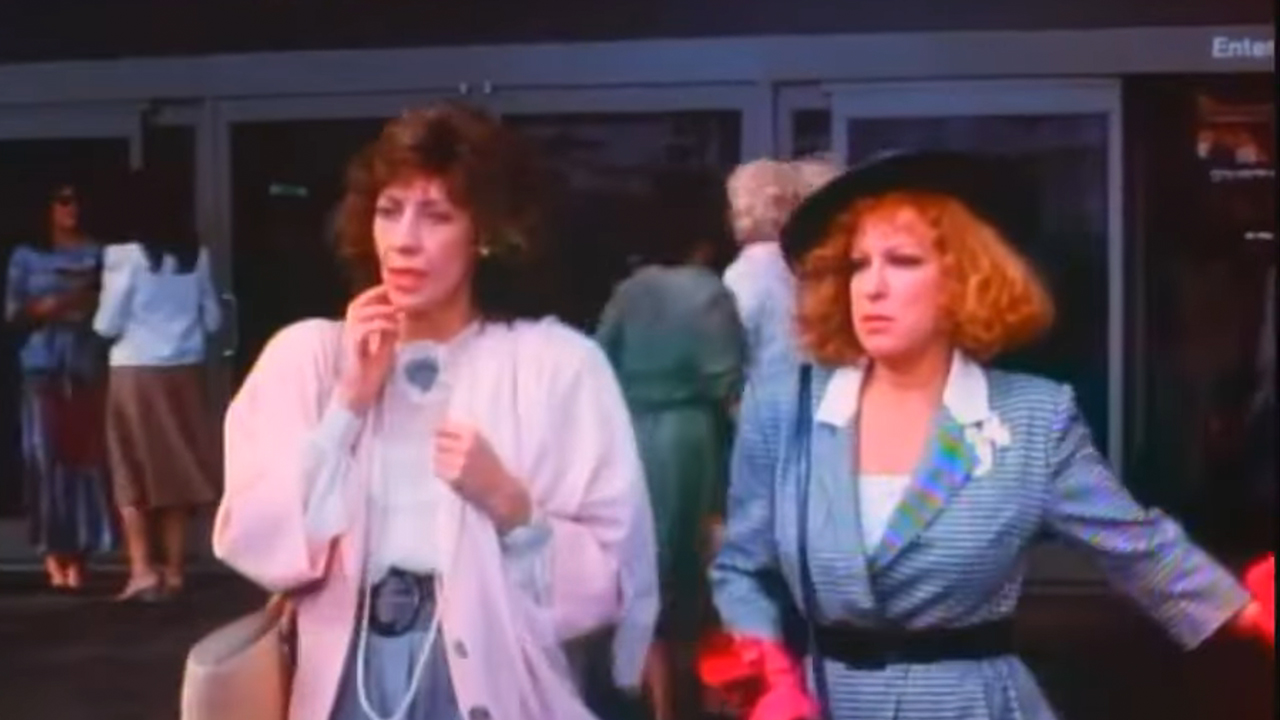
Big Business (1988)
In a very 1980s twist on an old Hollywood idea, Bette Midler and Lily Tomlin play twins separated at birth in Big Business, with one set growing up rich with a very materialistic view of the world while the other set grows up with a much more down-to-earth upbringing. Hijinks ensue when the four characters' lives get tangled up with each other, and we all learn an important lesson about greed and materialism.
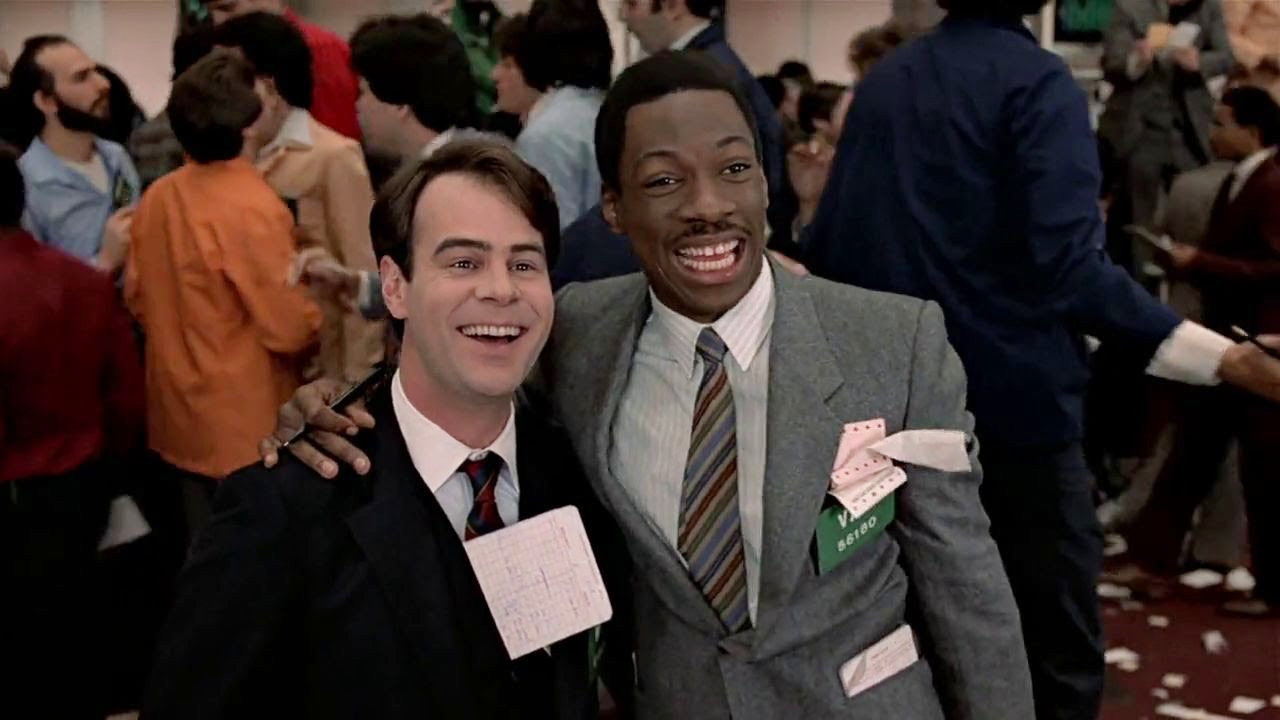
Trading Places (1983)
In Trading Places, Dan Aykroyd plays an old money yuppie whose like is upended by his insane bosses when they use their power to have him essentially switch places with a homeless petty criminal, played by Eddie Murphy. While '80s yuppie culture is only part of the backdrop, it is a clear glimpse into that greedy attitude that was so pervasive in the culture.
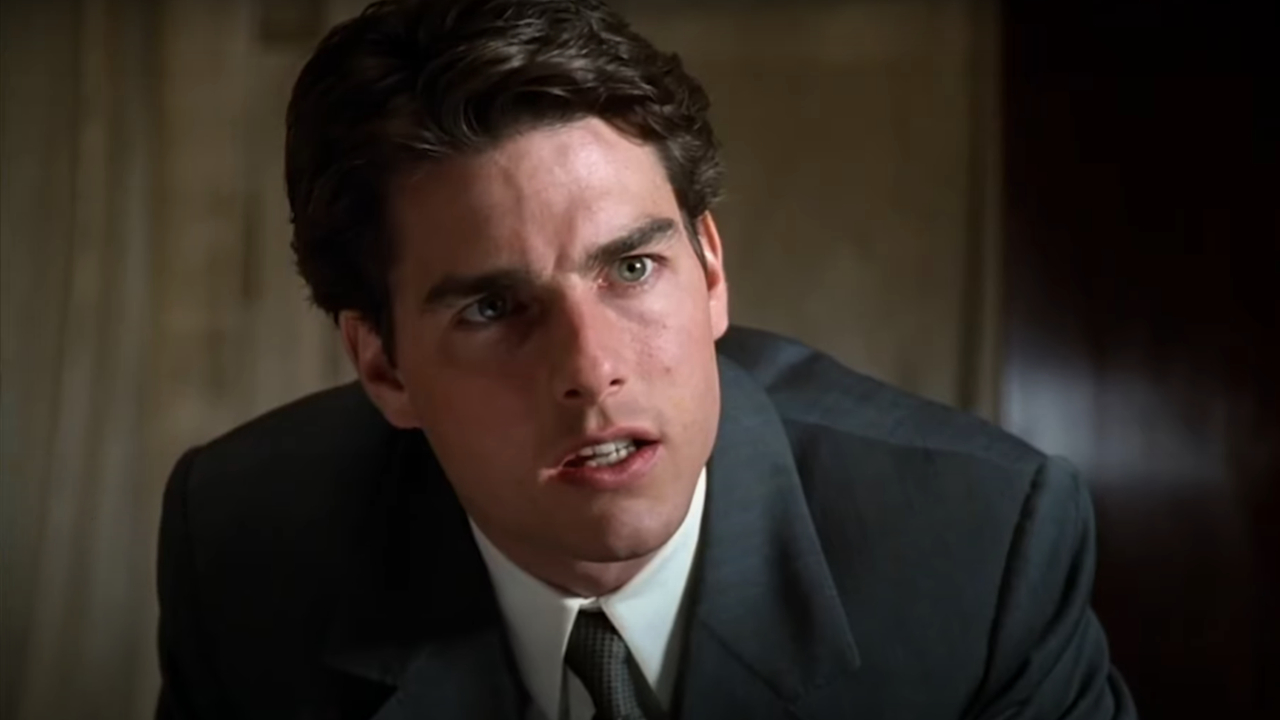
The Firm (1993)
While The Firm is set in the very early '90s, it still shows just how far people will to go in their career to achieve what they thought was the ultimate dream. Tom Cruise's character is willing to upend his life and become a young associate at a sketchy law firm in Memphis when they dangle a nice house, a hot car, and a huge salary in front of him. It's everything we thought we wanted in the '80s.
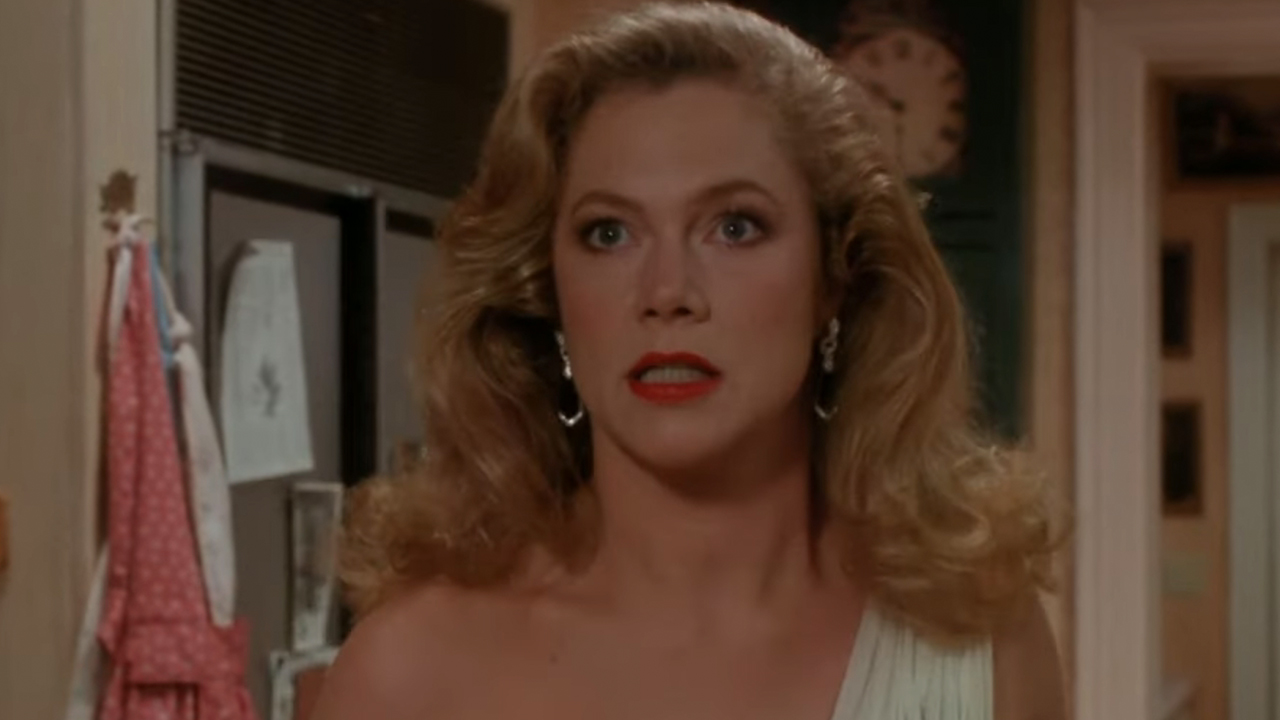
The War Of The Roses (1989)
One of the darkest comedies of the 1980s has to be The War Of The Roses which saw Kathleen Turner, Michael Douglas, and Danny DeVito reunited after the success of Romancing The Stone and its sequel The Jewel Of The Nile. The War Of The Roses is a very different kind of comedy, showing the dark side of material wealth and greed as Douglas and Turner viciously go after each other in a bitter, bitter divorce.
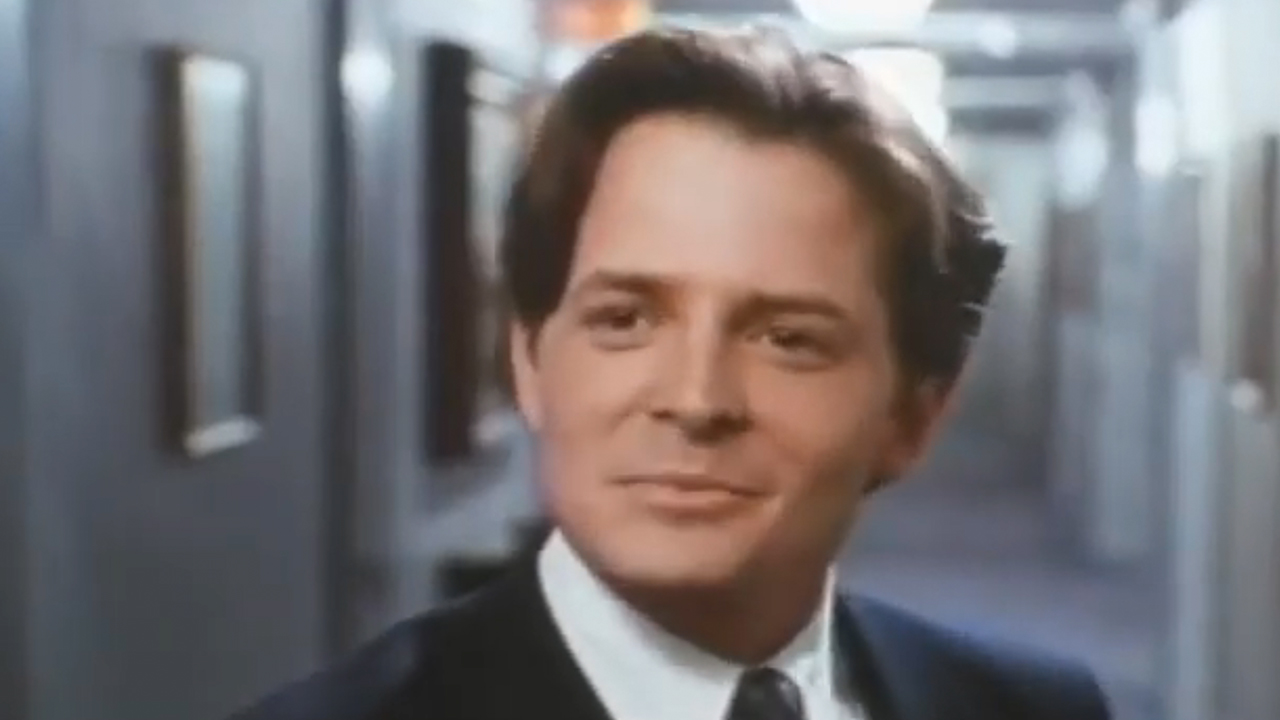
For Love Or Money (1993)
Money was everything in 1980s yuppie culture and while For The Love Of Money, starring Michael J. Fox, is about a working-class guy and came out in the early '90s, it still had that '80s aesthetic of greed and an ambition to be rich at any cost. Even at the expense of your personal and love life, as the movie highlights.
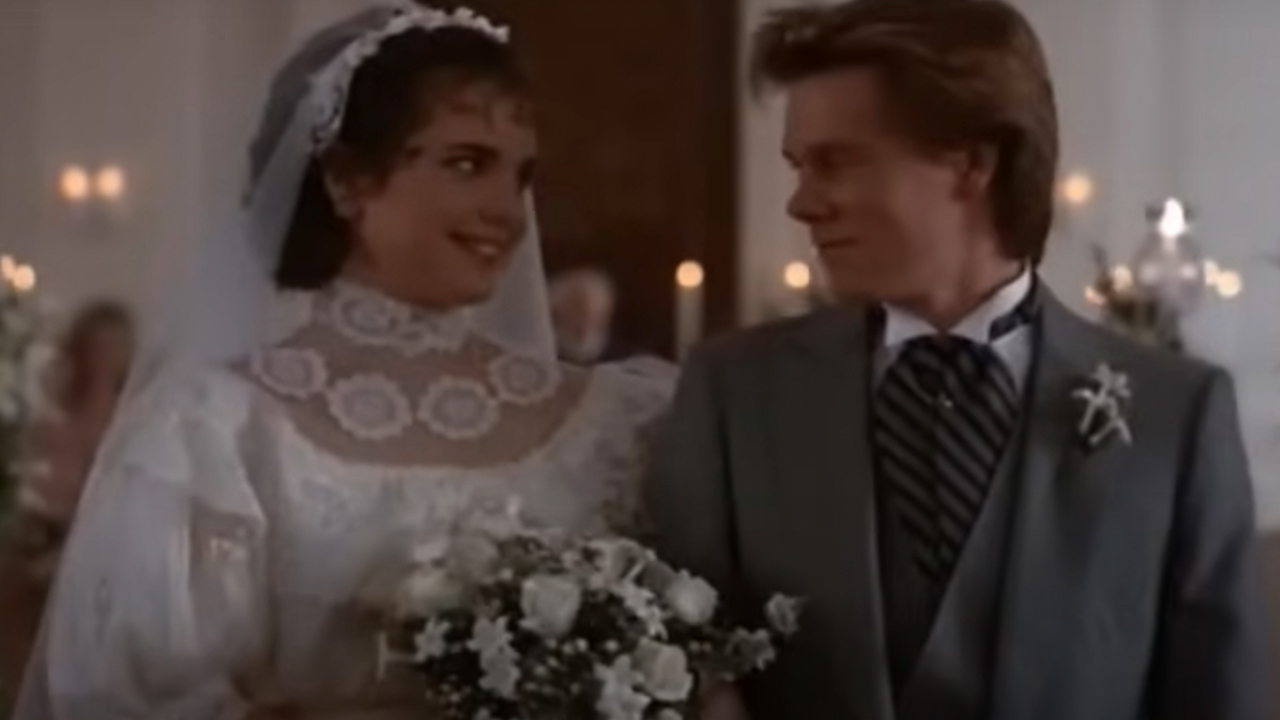
She's Having A Baby (1988)
It wasn't all about blind ambition and greed in the '80s. Sometimes, as in She's Having A Baby it was about young couples starting a family and figuring out how to balance work and life. Sure there was still the desire to get ahead and keep up with the Joneses, but adds the pressure of pleasing family and friends. It's a realistic movie about life and love in the 1980s.

